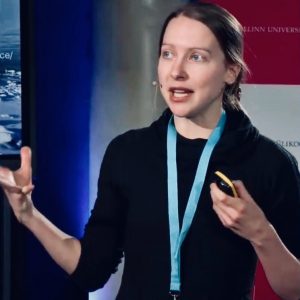Dragons: Data-Driven Algorithms and Governance for Networked Societies
November 2023 – October 2025
Objective
Dragons seeks to support inclusive, safe, resilient, and sustainable urban development by merging computational methods to gain insights into urban SET systems with governance approaches to act on these insights. Hence, its guiding questions are: (Q1) How can we combine available data to monitor inclusiveness, safety, resilience, and sustainability in urban SET systems? (Q2) How can we understand the evolution and interaction of structures and processes related to these goals? (Q3) How can urban governance incorporate the findings from Q1 and Q2?
Background
With over half of the world’s population living in cities and most population growth projected to occur in urban areas, making cities inclusive, safe, resilient, and sustainable is a key policy concern expressed in the eleventh UN Sustainable Development Goal (SDG 11). To ensure these properties in urban development, policymakers need to navigate the complex interplay between social (including economic and political), ecological, and technological factors shaping and shaped by human urban activity. This requires an interdisciplinary approach to urban areas as Social-Ecological-Technological Systems (SET systems).
About the Digital Futures Postdoc Fellow
Corinna Coupette studied law at Bucerius Law School and Stanford Law School, completing their First State Exam in Hamburg in 2015. They obtained a PhD in law (Dr. iur.) from Bucerius Law School and a BSc in computer science from LMU Munich, both in 2018, as well as an MSc in computer science in 2020 and a PhD in computer science (Dr. rer. nat.) in 2023, both from Saarland University. Their legal dissertation was awarded the Bucerius Dissertation Award in 2018, and the Otto Hahn Medal of the Max Planck Society in 2020, and their interdisciplinary research profile was recognized by the Caroline von Humboldt Prize for outstanding female junior scientists in 2022. The overarching goal of Corinna’s research is to understand how we can combine code, data, and law to better model, measure, and manage complex systems. To this end, they explore novel ways of connecting computer science and law, such as using algorithms to collect and analyze legal data as networks or formalizing and implementing legal and mathematical desiderata for responsible data-centric machine learning with graphs.
Main supervisor
Aristides Gionis, WASP Professor of Computer Science, EECS, KTH Royal Institute of Technology
Co-supervisor
Örjan Bodin, Professor, Stockholm Resilience Center and Stockholm University
Contacts

Aristides Gionis
Professor, Division of Theoretical Computer Science at KTH, Member of the Strategic Research Committee, Chair working group Learn, Main Supervisor: Dragons - Data-Driven Algorithms and Governance for Networked Societies, Digital Futures Faculty
argioni@kth.se
Örjan Bodin
Professor at Stockholm University, Stockholm Resilience Centre, Co-supervisor: Dragons - Data-Driven Algorithms and Governance for Networked Societies, Digital Futures Faculty
+46 8 674 76 71orjan.bodin@su.se



